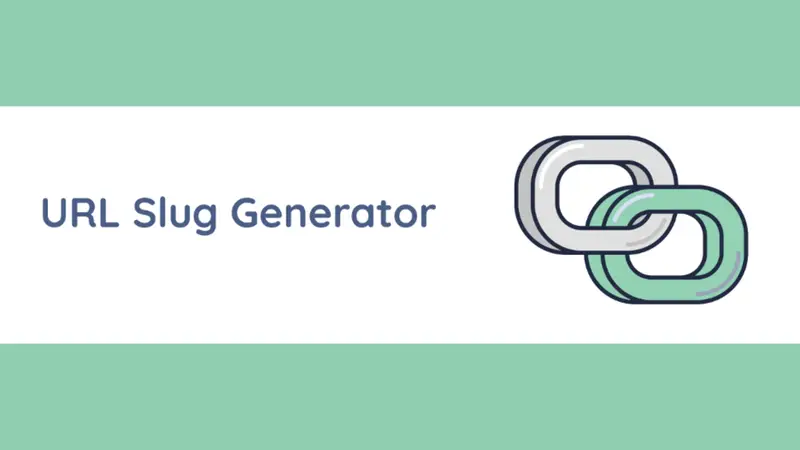Easily boost your website’s visibility with our user-friendly Meta Tag Generator. Perfect for SEO beginners.
So, you’ve stumbled upon the mysterious world of “Meta Tags” and “Meta Tag Generators.”
Wondering if they’re the secret ingredients to web success?
Fear not! In this digital adventure, we’ll unravel the magic behind these terms, explore their significance, and equip you with the tools to conquer the web.
Whether you’re a tech wizard or just curious about the digital realm, let’s dive in, keep it light, and maybe crack a few virtual jokes along the way.
Key Insights
- Meta Tags: These are little snippets of code tucked away in a webpage’s HTML, revealing essential information to search engines.
- Meta Tag Generator: Your digital sidekick for effortlessly crafting these code snippets and boosting your web presence.
Now, let’s break down the complexities into bite-sized nuggets of information.
Meta Tags: The Silent Architects of the Web
What Are Meta Tags?
Imagine meta tags as the backstage passes of the internet.
They’re the hidden gems in a webpage’s code that spill the beans about your content to search engines and browsers.
Decoding the Anatomy of a Meta Tag
Let’s dissect a typical meta tag:
- <meta charset>: Defines the character set for your webpage.
- <meta name>: Specifies metadata properties.
- <meta content>: Provides the actual content for the metadata.
Each tag plays a vital role in shaping your webpage’s appearance in search results and user interactions.
Meta Tag Generator: Your Digital Artisan
Crafting Meta Tags the Easy Way
Enter the Meta Tag Generator, the unsung hero for time-strapped developers.
These tools transform the potentially daunting task of meta tag creation into a delightful stroll in the digital park.
The Significance of Meta Tags
Boosting SEO: The Secret Sauce
Meta tags hold the secret sauce for SEO success.
Crafted with care, they elevate your website’s visibility, making it a star in the digital galaxy.
Enhancing User Experience
Well-crafted meta tags not only please search engines but also guide users.
A concise meta description can be the difference between a click and a swift scroll-past.
How to Use The Meta Tag Generator
Using the metatag generator is pretty simple.
Just follow the step below.
Setting the Stage
- Access the Tool:
- Open the Meta Tag Generator on your preferred web browser.
- Input Section:
- You’ll be greeted with a user-friendly interface. Enter the necessary information in the provided input fields.
Creating Meta Tags
Page Title
In the “Page Title” field, enter the title of your webpage.
Author
In the “Author” field, input the name of the author associated with the content.
Description
Describe your webpage briefly in the “Description” field.
Keywords
Enter relevant keywords in the “Keywords” field, separating them with commas.
Note: If any field is not applicable, feel free to leave it blank.
Generate and Reset
Create and Reset Buttons:
- Click the “Create” button to generate your meta tags.
- If needed, use the “Reset” button to start fresh.
Copy and Paste
- Meta-Tags Output:
- Below, you’ll find a textarea containing your generated meta tags.
- Copy the generated meta tags.
- Integration:
- Paste the copied meta tags into the
<head>section of your HTML document.
- Paste the copied meta tags into the
Additional Tips
Mobile-Friendly Styles
- Responsive Design:
- The generator adapts to smaller screens for ease of use.
- Styles adjust for optimal viewing on various devices.
Quick Recap
- Final Check:
- Ensure all information is accurately inputted.
- Double-check your generated meta tags before integration.
Congratulations!
You’ve successfully harnessed the power of the Meta Tag Generator to enhance your website’s visibility and SEO. 🌟
Unveiling the Meta Tag Landscape: In-Depth Exploration
Types of Meta Tags
While meta tags have common elements, different types serve various purposes.
Let’s explore a few:
- Meta Description Tags: A concise summary of your webpage’s content.
- Meta Keywords Tags: Once important for SEO, now less influential but still present.
- Open Graph Meta Tags: Enhance how your content appears on social media platforms.
Meta Tags and SEO: A Dynamic Duo
The synergy between meta tags and SEO is undeniable. Well-optimized meta tags contribute significantly to your site’s search engine ranking, improving its chances of being discovered by users.
Evolving Trends in Meta Tag Usage
As the digital landscape evolves, so does the usage of meta tags.
Stay updated on trends like mobile optimization and voice search to ensure your meta tags remain effective.
Frequently Asked Questions
What exactly is a Meta Tag?
Meta tags are snippets of code in a webpage’s HTML that provide information about the page.
They help search engines understand the content and display it effectively in search results.
Why do Meta Tags matter for SEO?
Meta tags play a crucial role in SEO by providing information that search engines use to index and rank your website.
Well-optimized meta tags can improve your site’s visibility and attract more visitors.
How do Meta Tag Generators work?
Meta Tag Generators are online tools that simplify the process of creating meta tags.
They typically have user-friendly interfaces where you input information like title, description, and keywords.
The generator then produces the necessary code for you to add to your webpage.
Can I edit Meta Tags after my website is live?
Yes, you can. If you need to update or optimize your meta tags, simply modify the code in your webpage’s HTML.
Search engines will pick up the changes over time.
Do Meta Tags impact user experience?
Absolutely! Well-crafted meta tags, especially the meta description, can influence users’ decision to click on your website in search results.
A compelling meta description enhances user engagement.
Are Meta Tags the only factor for SEO?
No, SEO involves multiple factors.
While meta tags are essential, other elements like quality content, backlinks, and site structure also contribute to a website’s SEO performance.
Are there different types of Meta Tags?
Yes, there are various types of meta tags serving different purposes.
Some common ones include meta description, meta keywords, and Open Graph meta tags for social media.
Can I use the same Meta Tags for every page on my website?
While you can, it’s advisable to tailor meta tags to each page’s content.
This customization helps provide accurate information to search engines and improves the user experience.
In Conclusion: Navigating the Digital Odyssey
And there you have it – the meta journey from tags to generators and beyond.
With this newfound knowledge, you’re armed to enhance your website’s digital charisma.
Sprinkle that meta magic, stand out in the digital crowd, and let your website become the shining star it was destined to be.
Happy coding and may the meta force be with you! 🚀
License:
by JFarrow (https://codepen.io/JFarrow/pen/DvPOKe)


